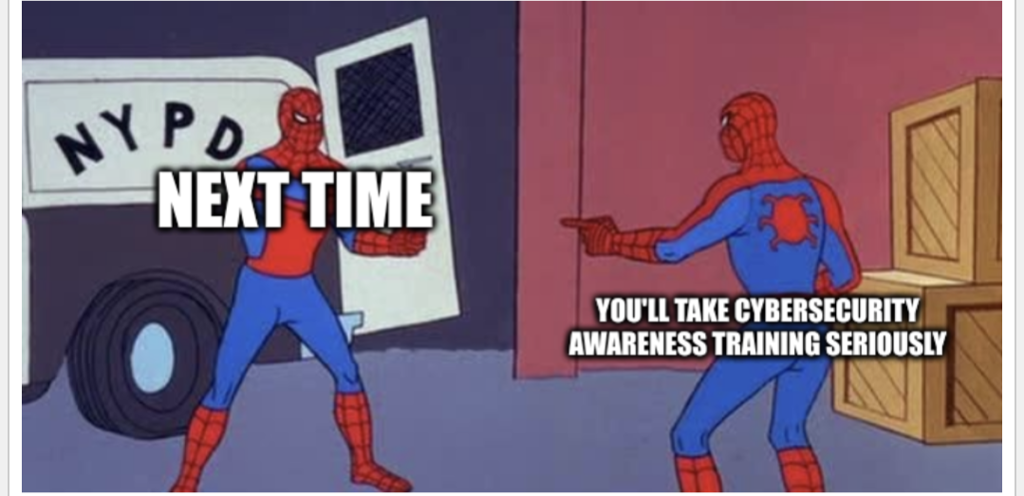They like to talk about left unity, but all their heros sent the secret police after "left socialists" like anarchists and unionists
uniqueid198x
Ah, I was thinking the social organizing principle, rather than the colloquial. Hexbear has very few Anarchists
I've gotten serious pushback from them for advancing basic anarchist ideas. The prevailing ideology amongst hexbear users is not anarchist.
Programing is a lot less important than people and team dynamics
Hey thanks! Its not even the tanky viewpoint that makes some of those comnunities exhausting. The aggressive trolling even internally is just so hard to be exposed to
Not really. My answer is cooperation on the spectrum. As you point out, its quite easy to make a section of spectrum unusable so non-compliance with a cooperative agreement is self defeating. You jam me and I'll just jam you back.
There could be, for instance, an industry board which distributes spectrum, with members acting as their own enforcement.
Again, the goal is not no government, its reducing down to the minimum required governance and heirarchy to accomplish that goal. A reallistic and workable system along those lines would in fact be highly ordered.
Its also important to note that one of the heirarchies to be minimizee would be class heirarchy. The naive view of anarchism is "no government", but thats actually quite narrow and most anarchists will agree that some government will pe needed, but with different form. The more full view of anarchy as a political stance is much more ecompassing and includes an ellimination of class and social heirarchy as well. So in a society where we have reduced coorcive control of spectrum, how do we prevent large corporations from ruining things? We get rid of them too.
The same mechanisms could be applied tho. The frequency and power limitations are in place because the stuff doesn't work without them. Radio broadcasters and equipment manufacturers have an incentive to cooperate on this.
Anarchism as a political stance isn't an absense of governance. It is the stance that governance should be collaborative and, to the extent possible, voluntary. That means reducing heirarchies of all kind to the bare minimum needed to acomplish a goal.
For standardized things such as these examples you've given, they already work in an anarchist way. 802.11 is created by the ieee lan/man standards comnitee, which takes input from a lot of groups to formulate the standard. The standard itself is fully opt-in, you don't have to implement it as written, your stuff just won't work unless you do.
Safety and effectiveness of medical procedures isn't determined by a standards body, but rather by evolving consensus among medical professionals. What one thinks is safe, another may see as risky. As an example, in the US tonsil removal used to be considered safe and done often. Now its considered a last-resort procedure.
If a person thinks more people should see an unpopular opinion, they snould upvote it. Theres no karma here. The function of up and down vote is promotion or relegation.
An upvote means that the content should be shared, a downvote means it should not.
I've been using paperwm on gnome for a couple years now, it's my preferred paradigm for tiling. This looks like it has a lot of the same influences, so I'm interested in seeing where it goes

This is misleadingly reductionist. California high speed rail has made consistant progess in that time. That progress has been slower than ourslowest expectations. It demonstrates the void of expertise the US has in rail megaprojects. However, that expertise is being built, slowly and painfully. Its still forward progress for a nation which tore up half its rail overthe last 50 years.